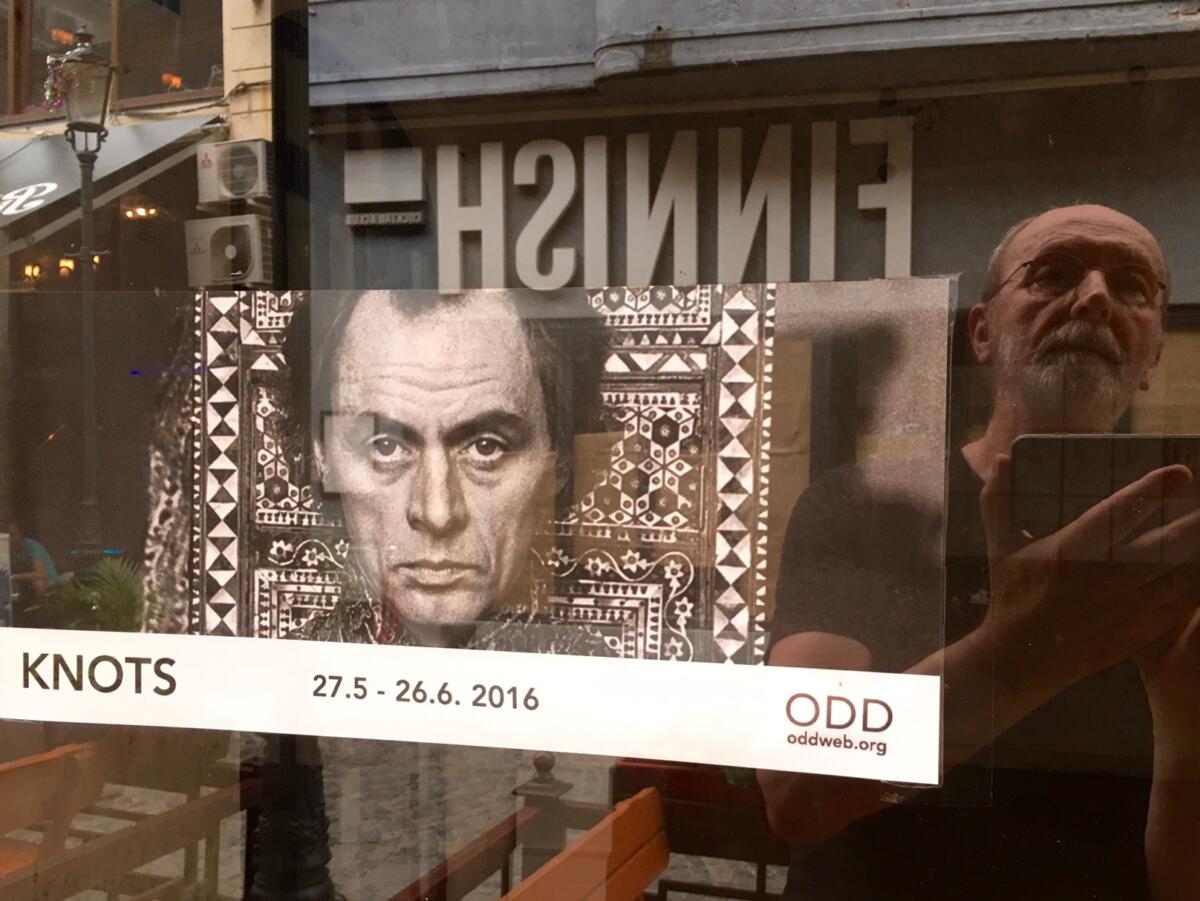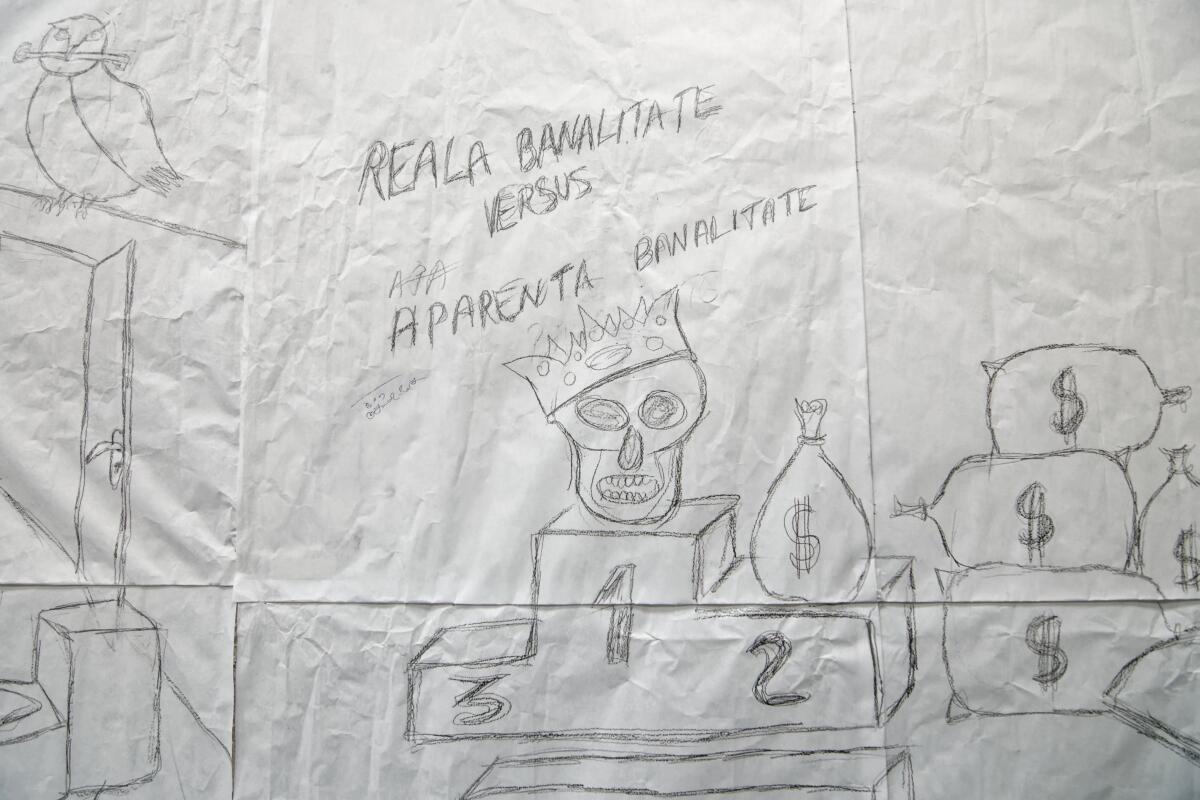![Q&A: ODD [Bucharest]](https://blokmagazine.com/wp-content/uploads/2020/08/cover-1200x675.jpg)
This Q&A column focuses on the indeterminate borders between off-/project-/artist-run spaces and the people that keep them going [#Off Space Q&A]
ODD is a mental and often physical space created by Cristina Bogdan as a vehicle for testing out propositions for the world. Some of its actions are localizable and recognizable as artistic or theoretical practices, especially those enacted publicly. Others, such as gestures of recognition, unconditional support for courageous people, exponential growth of curiosity, rhizomic intellectual connections wrapped in emotional fibre, or spiritual forages into political grounds, pertain to a rewiring of the imaginary in the concentric circles stirred by a singular mind.
***
Was it a good idea?
Yes. Not many people have the opportunity to act out their fantasies, to take all the chances they want to take, to make grave mistakes and recover dramatically, to go all the way and make others follow. ODD worked because it was the direct product of my mind, born whole as it was meant to be, and because I never failed it. It is the one thing that has always brought me joy and deserved all the sacrifices. I realized that many people actually think of ODD as a person, an emotional and thinking being – and this makes me very very happy.
Who has held you up?
When I started ODD, people didn’t understand where I was getting at, thought it was all over the place. I was doing too much of everything but nothing I did was simple or easy to chuck into a box. I told some people that I like to grow things organically, various layers at a time, and that the world will eventually emerge as complete for them as it had done for me. I could never work with anyone as part of ODD: no one would ever give it all they had like me, no one would love it like I did. Collaborations worked only if the other person respected me as a creator, so maybe in 6 years I can name 1-2 collaborations that actually took place. After some time, I realized I had stopped thinking about what anyone else might think of what I did, and definitely I didn’t worry about pleasing anyone. You really have to be careful not to live in somebody else’s dream. What kept me going was love, first of all the love I had for myself.
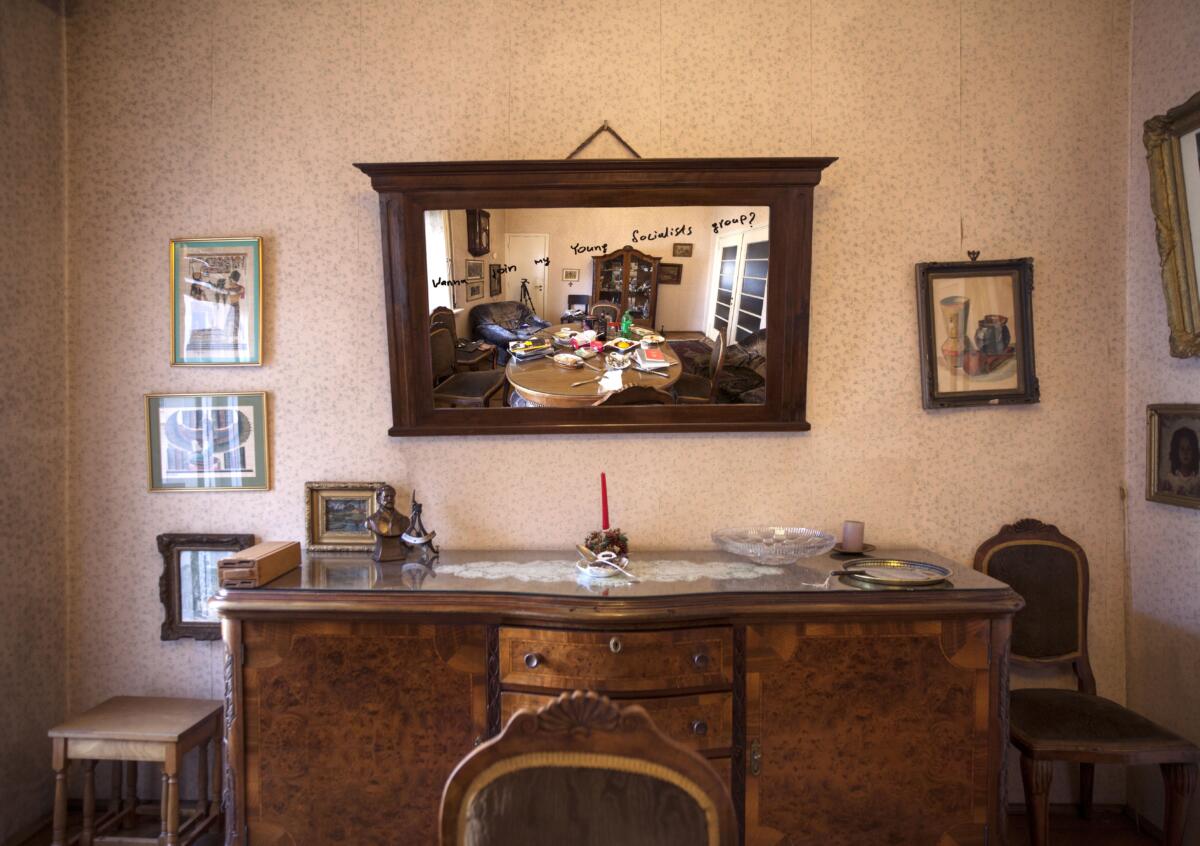
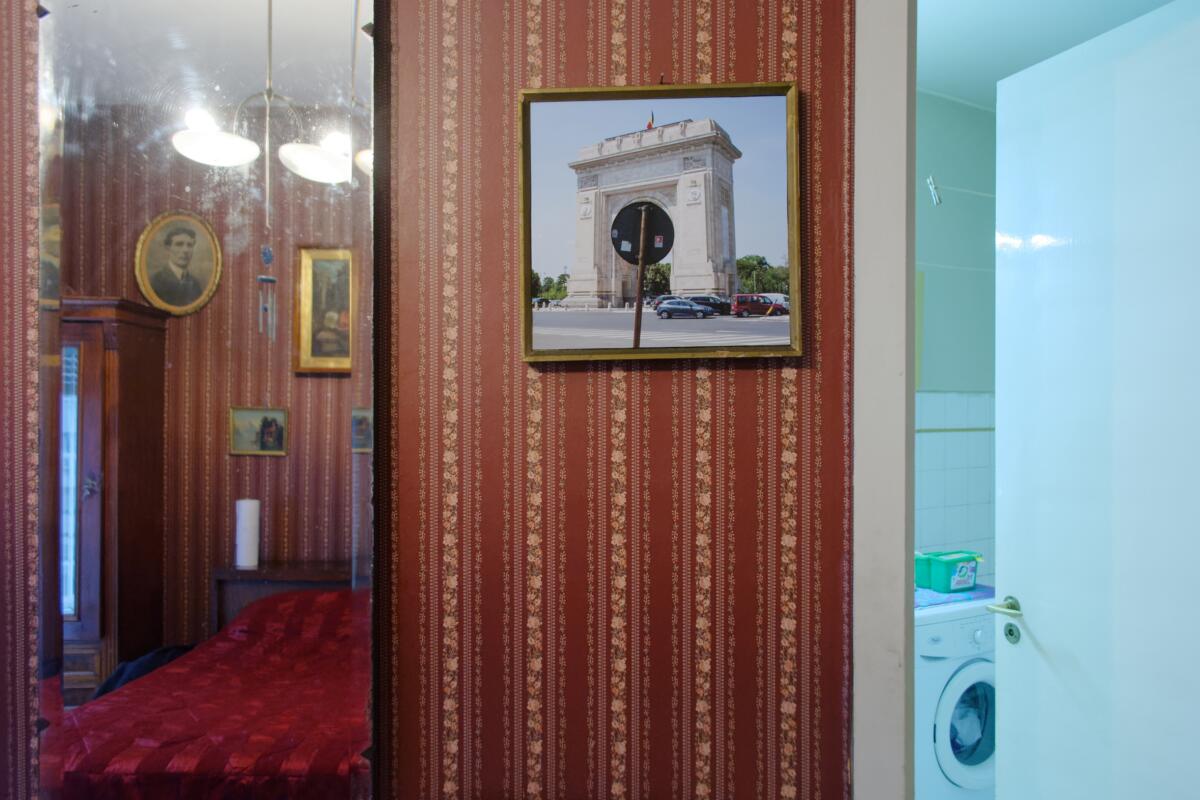
Are you a link or a node?
For many years I was doing time instead of creating: I had been misled to think that my role was to build connections and thus ensure the visibility and relevance of others. I worked selflessly and sincerely. Until I learned the hard way that the more I acted like an organiser, the more people wanted me to obey their orders: that meant keeping me tucked well inside the curator’s box, from where I could only utter praises for the artists I promoted. But the real beauty of ODD was the assemblage of all of its infinite vibrating details, an assemblage which gave birth to a spiritual being; it was a work of love, my love, and the closest thing to art I know. Only those collaborators who cared to match that labour are for me truly intelligent. Those who treated ODD as a link to the next best thing have probably seen some of their ambitions decompose before their eyes – or they are still clinging to sad notions of visibility. I used to think it was important to work with friends, but I refined that thought: what is important is to create connections to subjectivities of all orders. This also means that more often than not, people who just happen to be in your vicinity don’t make a community. Better to use your own brain to think and re-organise the conditions of the world you live in. Even if you are its only inhabitant.
What do you need?
What anyone who wants to do anything needs: to keep away from attention economy. ODD can only grow in silence, even if it mutates into something else.
Digital or physical?
So far the digital can only be an invocation of the physical: there is always a body on the horizon of thought. There is no reason to become trapped in abstraction, no reason to lose hope so we are excused from the fight. If I am odd, there is an even out there, and there need only be one. What is important is to maintain the consistent effort of thinking the world: a thinking which is never fully abstract, nor fully concrete. That complex, attentive, brave and ultimately loyal strike of balance, avoidance of the traps of group behaviour, taking responsibility and respecting knowledge: this is the thinking that does not lead to despair, but into the arms of someone real.


What do you measure?
Up to orders of 10-1000…, I try to measure my words and the distance between them. It all comes down to loyalty. This is the science of precision. You need to earn your place in the world at any moment – I find it disappointing that ‘progressive’ political theory is used to justify the ontological impoverishment of the world. Some years ago I would write on all the walls that everything is political, but I’ve learned better. Any hashtag type of thinking is yet another step away from a true ecology of the mind.
What are the known unknowns?
So basically, what are the terms which are now functional.
Definitely not the ones we had been working with. Not ‘periphery’, for one. This concept is not functional because one cannot discriminate between its indexical usage and its value. In fact, ‘periphery’ is one of those terms that has reached a high level of ambiguity, which really means that it is being used against those who think that they are empowered by it. Hence, locating oneself inside this term no longer brings any dignity. In the specific case of Eastern Europe, playing around with the peripheral status denotes a cold war logic that works against us: we seem to be literally the last ones to have found out that even half a century ago, capitalism was an integrated world system. Most Romanian artists, for example, try to beat the logic of the winners by playing the card of the parasite, but as you have guessed, it always backfires: the only thing to do, although highly unglamorous, is to learn and understand, to build solidly and originally. This requires not just individual initiative – as we have quite a bit – but also coordinated effort, of which I have not found one trace since the official disintegration of the previous regime.
That brings me to a second term no longer meaningful: radical. The periphery exists as a fantasy space for radicalism: why don’t you just be out there suffering for all of us so we can maintain our illusion of progressive thinking by claiming our solidarity with you from our safe spaces? A place like Romania only falls too easily into the trap: mimics micro-revolutions but in fact creates ghettos, whilst digging an even deeper hole for the real social and political dramas.
Following this logic, criticality is the third instance that must be overcome, because it is tied up to the New Left ‘radicality’; this global elite has been created and maintained to further obscure the deterritorializing effect of capital, meaning that the uniform thinking known as criticality not only has not stopped local destruction of communities and territories, it has moreover vouched for the recuperation of systems, stories, practices deemed ‘radical’ into the capitalist machine. I follow Pankaj Mishra’s brilliant reading of recent world history in Age of Anger, where he denounces the farce of ‘democracy’ in the non-western world, and all of the agents of its spread; it needs to be dismantled in order for real subjectivation to occur.
In that sense, ‘contemporary art’, a fourth useless term, has done a lot of the work of hacking the social, even though I am confident that its lack of visibility in Romania has thankfully stopped it from being fully lethal, like in the typical social democracies. For the clear picture of what art in late capitalism is, you only need watch Edward Yang’s A Confucian Confusion. It’s a film from 1994, set in Taipei, a city already in the future, and it has everything: the impotent businessman looking for love and finding it with the silly assistant of a theatre director, who then wants to make some art of his own; his wife, a spoiled bisexual hipster who wreaks havoc in the local ‘it’ scene, precursor of Pablo Larraín’s Ema; a writer of pulp novels who loses his readers when he starts writing ‘dark philosophical’ stuff and who is emotionally bullying a woman into ‘saving’ him; the theatre director who acts like a spoiled brat and tries to get the actresses to sleep with him, whilst proffering idiocies about artistic genius – and so on, really every line of dialogue in that film is a quotable definition of what art has become in the artworld system. It is absolutely impossible – and I want to make this very clear – impossible to be subjective inside the artworld. Whoever works in that logic is simply trapped in the glitter world of attention economy. In fact, you need to look elsewhere to find the fantasies of ‘contemporary art’ fulfilled: in the non-linear warfare waged by the ruthless global elites against basically everyone else. It is the reason all of the previously mentioned terms have no longer any use.
Simply put: if you are looking to create meaning in the world, even if you are trying to do so through art, you must find the places where your work is needed. You must take the rocky road in the search of knowledge. You must do away with easy hashtags and find your allies not where you were told they would be on display in the vitrine, but unearth them from the secret places where they are hiding so that they have the space to work without distraction.
With my long-term program ODD THEORY, I was looking for such places: during the years when I developed it, it was the only coherent space for theoretical discussion outside academia in Bucharest. I was able to bring to the table many subjects which had no currency in the local intellectual imaginary, but I should have used my instincts more and dealt head-on with the systemic issues in my context. Many positions became more clear along the way, certainly during the last 2 years I understood that I had to move away from minor issues – partly under the thumb of what I was earlier berating as global critical thinking – and address the daunting reality of the manifold ways in which a place like Romania is being bled to death from the inside as well as outside. There is so much to dig there and I have only just started.
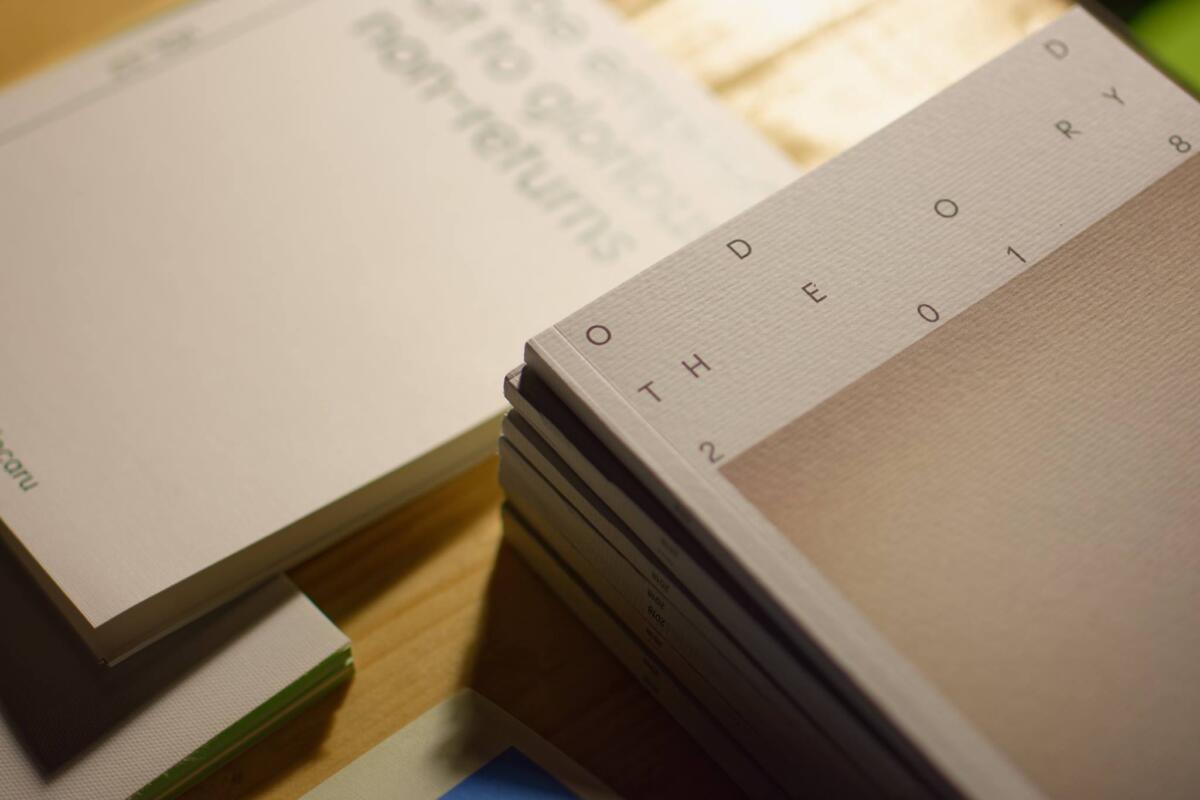
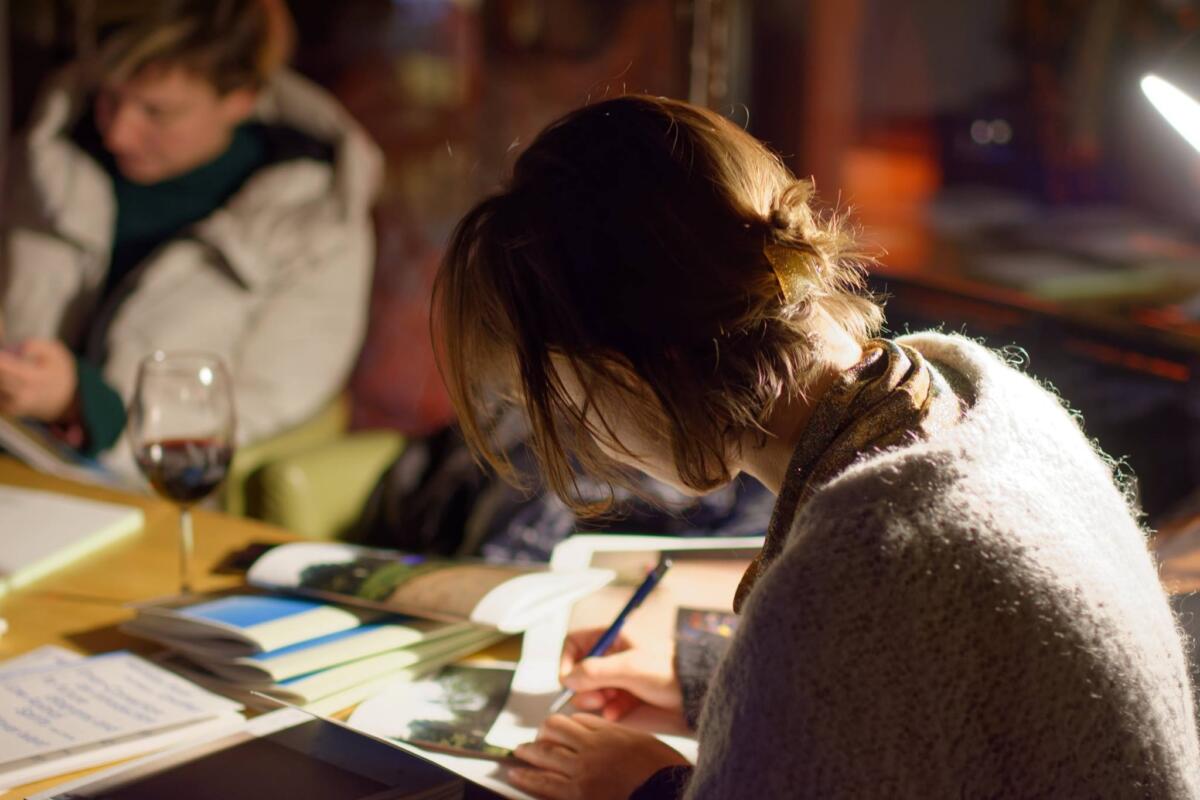
What time is it?
It’s time to approach this in a different manner. As I explained above, I am distancing myself from all of this critical-radical-self-entitled universe. I had written about this, but I needed allies to make the relevant steps. The allies have been found and now it’s time to build that ecology of the mind.
Is it an animal, vegetable, or mineral?
In this silent universe of mine, ODD is sometimes out of sight, and at other times it is everything. It has been my way of thinking the world for so long, my double, my kindred spirit: I am inclined to say it has been my immediate ecology. Its mutations have coincided with personal revelations and more and more with system changes. Now definitely a series of coincidences have led to increasingly coherent decisions, which will determine my new modes of expression.
And what about the unknown unknowns?
Well, this is easy: how does one produce subjectivity in a fully automated world?
I mean, the question is easy. You answer with your life.
Are you prepared?
There is this derogatory view in Anglo-Saxon culture that ‘those who cannot do, teach’. For me, teaching is the highest form of duty, both personal and collective. I believe I taught my younger friends at ODD to think without adjectives. If I am resolved, and I wish others are too, it is because all of this meta world has finally revealed itself for what it is: a trap. Endlessly creating categories to obscure the violence is not something I will ever be prepared to do, even though this is what brings invitations to speak publicly. I follow a path, and the work is philosophical.
What were you given and what did you take?
Romania and particularly Bucharest have given me the chance to experience complete irrelevance, on all levels from the political to the cosmical. The place is not kind to those who want to be kind to it; it frustrates those who want to create meaning by flattening any entity faster than a Goldsmiths lecturer. Yet, as I have written elsewhere, this place teaches you that it does not hurt to dissolve. The world is not a rational, value-based place: it is an entropic system in which you either flow in with the algorithm – regardless of your status as creator or user – or you are eliminated. Had I continued to live and work in western Europe, this logic would have remained veiled to me, because in there the system entertains the illusion of permanence. In Romania, wounds are out in the open, all roads are advertised as being closed, the plug is pulled from the router connecting us with the world and there is no reason why anyone should keep on going except for an inexplicable faith in one or the other saviour. As a person defined by their sensibility, you can easily go mad faced with this pure hostility. In my case, ODD was a sort of imaginary friend that allowed me to deploy my subjectivity, not despite but precisely because of the surrounding cruelty. You need that in order to identify the system and negotiate with it.
Is it enough?
For me, ODD is a complete being, inhabiting a parallel universe to mine, one that is strangely both inside and outside of myself. It cannot be anything else than it is. So I think that is enough. There are sufficient other universes to imagine and inhabit: the work never stops.
***
ODD is currently engaged in the Platform for Sustainable Art and Life Practices, initiated by MEANDER – Society for Ecological Thinking and Artistic Practice, in Oslo [website coming soon] and has been part of the long-term project The New Dictionary of Old Ideas organized by MeetFactory in Prague, which culminated in a newly released publication edited by Lucia Kvočáková and Piotr Sikora. Register here to receive the newsletter.
Imprint
| Place / venue | ODD, Bucharest, Romania |
| Website | www.oddweb.org |
| Index | Cristina Bogdan Kathryn Zazenski ODD Off Space Q&A |

